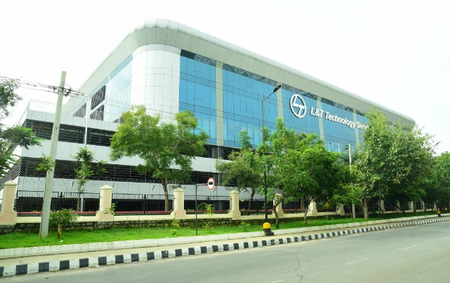
New Delhi, March 26 (IANS) The government has directed the NCCF and the NAFED to start buying 5 lakh tonnes of onion for the country’s buffer requirement directly from farmers as the Rabi-2024 harvest has begun arriving in the market, the Food Ministry said on Tuesday.
Government procurement agencies NAFED and NCCF have been told to pre-register the onion farmers to ensure that payments for the produce are transferred to their bank accounts through Direct Benefit Transfer.
Rabi onion crop is critical for the country’s onion availability as it contributes 72 -75 per cent of annual production in the country. The Rabi onion is also crucial for ensuring year-round availability of onion as it has a better shelf life compared to the Kharif onion and can be stored for supplies till November-December.
The Department of Consumer Affairs had, through NAFED and NCCF, purchased about 6.4 lakh metric tonnes of onion during 2023-24 for buffer stocking as well as intervention by way of simultaneous procurement and disposal. The continuous procurements by NAFED and NCCF had guaranteed remunerative prices for onion farmers all through 2023.
Subsequently, the Department of Consumer Affairs adopted the retail sale intervention for making onion available to consumers through retail outlets and mobile vans operated by NCCF, NAFED, Kendriya Bhandar and other State controlled cooperatives at a subsidised price of Rs.25 per kg during last year. The timely intervention and calibrated release ensured the stabilisation of retail prices effectively without impacting the earnings of farmers.
The global supply scenario and dry spell induced by El Nino necessitated the government to take up policy measures to regulate onion exports during FY 2023-24. These measures included a 40 per cent duty on onion exports imposed on August 19, 2023, imposition of a Minimum Export Price (MEP) of USD 800 per MT with effect from October 29, 2023, and export prohibition w.e.f. December 8, 2023, to ensure the availability of onion to domestic consumers at affordable prices.
The recent decision to extend onion export prohibition has been necessitated by the overall domestic availability against the prevailing international prices and global availability concerns.
Meanwhile, the government has allowed exports to neighbouring countries that rely on India for their domestic consumption requirements. These countries include Bhutan (550 MT), Bahrain (3,000 MT), Mauritius (1,200 MT), Bangladesh (50,000 MT) and the UAE (14,400 MT i.e. 3,600 MT/ quarter).
–IANS
sps/vd




